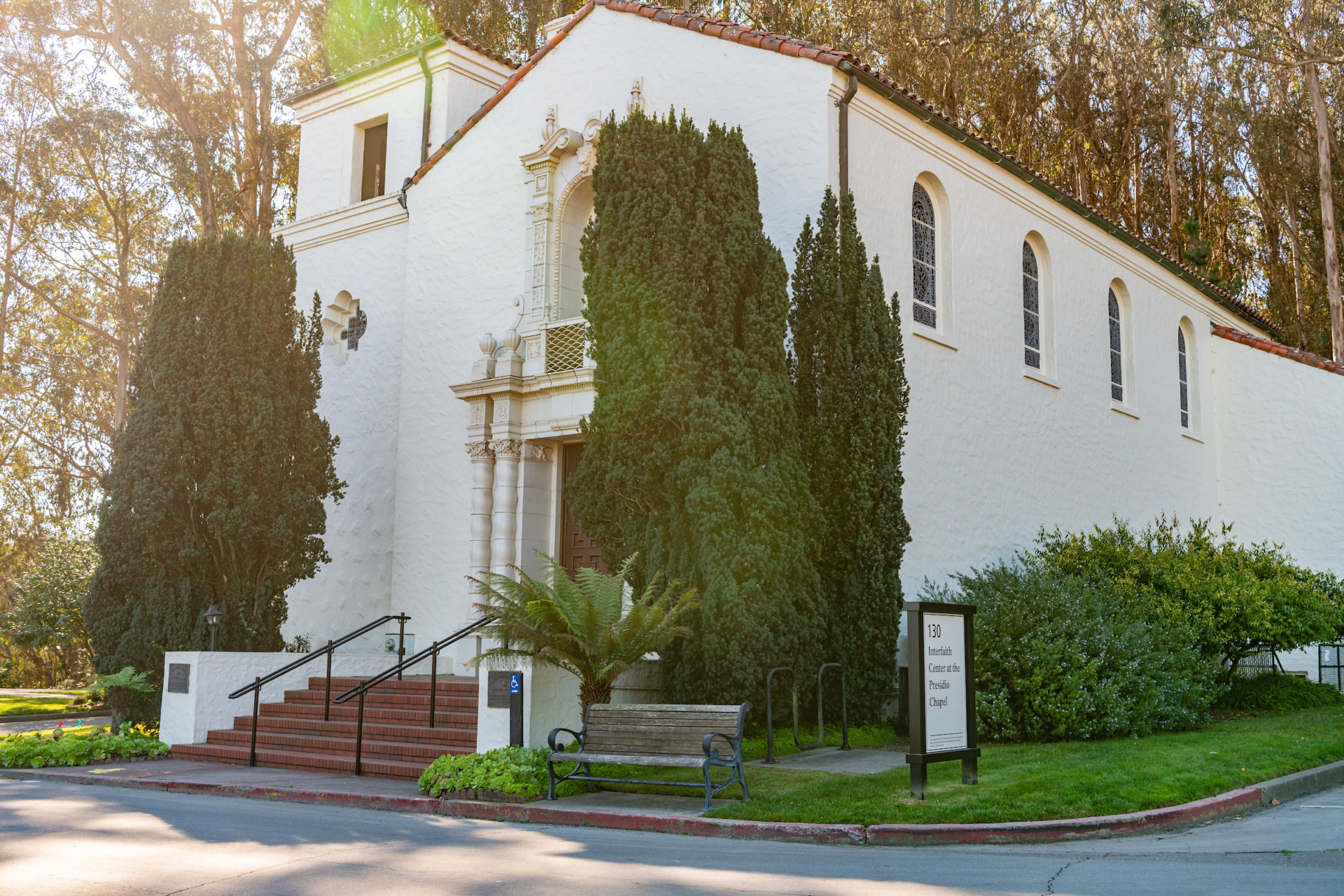Metta Fund spoke with the executive directors of Metta Fund grantees to see how their priorities and programming has shifted in the midst of a global pandemic. Here’s what they shared with Metta Fund.
The San Francisco Interfaith Council’s work “centers on civil rights, homelessness, housing affordability, and disaster preparedness.” They are also the “go-to” organization for “mobilizing the City’s religious communities” via monthly gatherings, crisis response communications, roundtables, communal initiatives, and support around the holidays. As congregations and faith-based agencies” turn to SFIC for “resources, referral, and representation,” how did Michael Pappas, the Executive Director of The SFIC, pivot to support vulnerable constituents and staff during this time?
“During the pandemic, we’ve served as a cornerstone for our community,” he said. That community is comprised of over 800 congregations in the City of San Francisco and “one of the great revelations in terms of the faith community’s response to the pandemic and shelter in place orders was that literally, almost overnight – out of necessity – faith leaders managed to pivot to online worship and virtual ministry,” said Michael.
Beyond individual leaders relying on communicating virtually as many organizations have had to do with their respective clientele and community members, SFIC has also been responsible for disseminating the recommendations and public health orders of the City and have hosted weekly COVID-19-related online briefings for faith leaders, “featuring civic and community leaders who have shed light on issues ranging from the virus’ impact on the physical, mental, and economic health” in San Francisco, as well as touching on disproportionate impact of COVID-19 on the community for aging folks, specifically for Latino and Black elders.
“During the pandemic, we’ve served as a cornerstone for our community” – Michael Pappas
Michael was also asked to speak at Mayor Breed’s press briefings and be one of two faith representatives on the San Francisco Economic Recovery Task Force. Michael said he was struck by seeing several congregations that “did not possess the resources – mostly in the Bayview, Western Addition, Tenderloin – to support their communities and constituents.” To that end, he has been “working intentionally with the tech community to bridge that disparity through some of [their] NGO and tech partners who are seeking to provide a platform and training to support these congregation leaders.”

“They’re trying their hardest,” he continued, “and in addition to the events of George Floyd (protests) and the momentum of the Black Lives Matter movement, we are working very hard with The Institute on Aging to try to establish a dedicated ‘friendship line’ for the Black community that will be staffed from within to support this community with trained professionals to deal with the mental health issues” that arise from collective and personal traumas such as these heartbreaking events. This project is currently in development.
“We’re also working in senior facilities,” Michael relayed, as most of the “hot spots for COVID-19 are in senior facilities as well as hospitals, so we’re working with our chaplaincy department to facilitate online weekly briefings with online faith leaders where we discuss death because of the unique challenges families face when they are not permitted to be by their loved one’s bedside” during challenging times. They also loop in medical offices and Muslim and Jewish leaders to discuss the experience of funeral rights during COVID-19.
As “the shepherds of hubs for the most marginalized and disenfranchised sectors” of San Francisco, the SFIC has maintained its unwavering position in support of those of every faith most impacted by “illness and isolated grief, unemployment and economic devastation, domestic violence abuse, and mental health despair,” and will continue to serve as a convener (virtually for now) and advocate” for San Francisco’s most vulnerable residents. To expand this effort’s reach, Michael and his team have facilitated convenings for between organizations to directly assess how COVID has impacted their communities, so that they may move forward with the collective health of all in mind.
Stories by Sahara Marina Borja; Photography by Hasain Rasheed
